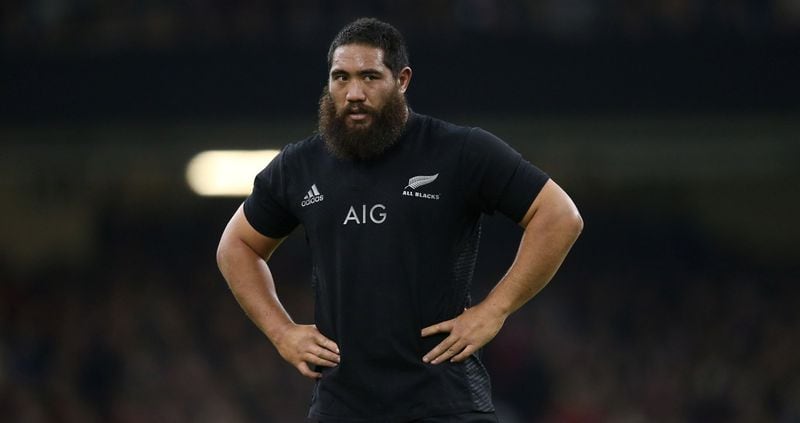Polynesia is the Rugby World Cup team with the most players born outside its borders. Chile, for its part, is one of the few that does not have one.
This Saturday, Chile will face Samoa for their second match of the Rugby World Cup. A powerful rival, with a very contact-oriented game that also makes news beyond the field, and the Polynesians are a clear example of a trend that rugby has adopted in recent years: the nationalized.
Teams like Chile or Argentina (where all their players were born in the same country) are exceptions to the rule within the country. a sport that does not pose many obstacles to being able to represent a country other than yours , even if you have already played officially for another nation. In fact, Samoa has four players who fit the latter situation, including a world champion with New Zealand in 2015.
This, after World Rugby approved a historic law in 2021 which allows players to change nations even if they have already represented another ra. The only requirements are that the player has not played international rugby in the last 36 months and is born in the country he wishes to represent or has a direct connection (parents or grandparents who are there). born) with this one. A change that is only allowed once.
In the case of rugby players who have not played official matches in other countries, they do not even need to be officially nationalized, but only need to prove blood ties (parents or grandparents) or a fixed residence of sixty months or ten cumulative years. Before 2021, only 18 fixed months were required.
Samoa, the country with the most children born outside the home
The rule launched in 2021 has been a huge help to several nations, including all the small islands in the Pacific, who have seen for many decades how powerful nations in this region removed their major players before making their debut. This is how Samoa have added three heavyweights to their squad for France 2023.
The first of these is undoubtedly Charles Faumuina, who made 50 appearances for New Zealand, being part of the team that won the World Cup in 2015 . After three years without playing for the All Blacks, he made his debut in June 2023 for Samoa. Similar story to that of his compatriots Lima Sopoaga (16 appearances) and Steve Luatua (15), who after being part of the triple champion team decided to change nations. Flyhalf Christian Leali’ifano, who made 26 appearances for Australia, is also on France’s list. Among these four, The last three are considered among those mentioned to face the Cóndors.

26 of the 33 players on Samoa’s roster were born outside its borders, making up the team primarily due to ancestry factors. 22 of them were born in New Zealand and four others in Australia . Of those born in their country, only five trained in local rugby.
A global effect
The Condors’ rivals this Saturday are not the only ones to have counted on World Rugby’s facilities to strengthen their squad. Without going any further, Japan, which Chile faced last Sunday, has in its ranks five Tongan rugby players, four New Zealanders, three South Africans, two Fijians, one Australian, one South Korean and one Thai.

Scotland, one of the most powerful nations in this edition of the World Cup, has 15 players on its squad who were not born on its territory, including Jack Dempsey who played 14 times for Australia . Other powers like New Zealand (8), Ireland (8), Australia (7), England (6) are also not left out in this list.
The only three countries in this edition of the World Cup that do not have players born in other countries are Argentina, Chile and South Africa. , although the latter has the distinction of having Jean Kleyn, who although born within its geographical confines, managed to play four matches for Ireland due to his residence at that time. His last meeting with the Europeans dates back to the 2019 World Cup.
Follow at El Deportivo
Source: Latercera
I am Robert Harris and I specialize in news media. My experience has been focused on sports journalism, particularly within the Rugby sector. I have written for various news websites in the past and currently work as an author for Athletistic, covering all things related to Rugby news.


